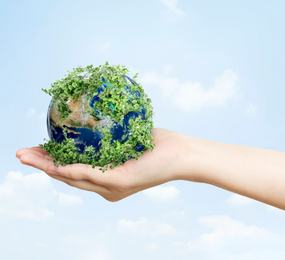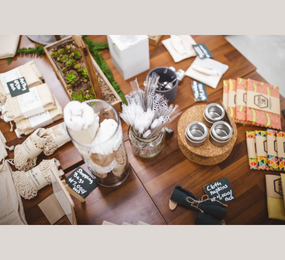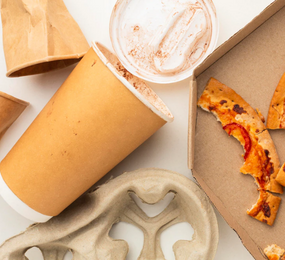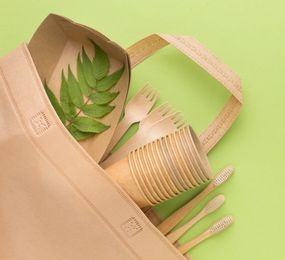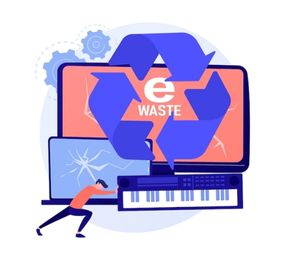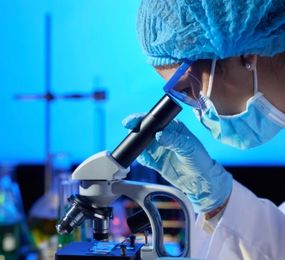Corn and soybeans have long dominated the bioplastics scene, but whispers of change are echoing through the fields. As sustainability concerns and resource competition mount, the call for diversifying feedstocks for bioplastic production rings ever louder. This quest necessitates venturing beyond the familiar corn cobs and soybean pods, embracing unconventional heroes waiting in the wings.
Sailing beyond Soybeans: A Sea of Possibilities
Algae, long heralded for its rapid growth and oil-rich bounty, offers a promising alternative. Microalgae can be cultivated in closed-loop systems, requiring minimal land and freshwater, while macroalgae thrives in ocean environments, reducing pressure on terrestrial ecosystems. Both hold the potential to become potent feedstocks for bioplastics with significantly lower environmental footprints.
But the journey doesn't end at the ocean's edge. Agricultural waste, often seen as a burden, can be transformed into a resource. Sugarcane bagasse, rice straw, and even fruit peels can be converted into bioplastics, closing the loop on agricultural cycles and minimizing waste. By valorizing what was once discarded, we create a more sustainable and interconnected agricultural system.
Food for Thought: Transforming Byproducts into Bioplastics
Even the leftovers from our plates can play a role. Food byproducts like potato peels and banana peels can be utilized for bioplastic production, diverting organic waste from landfills and converting it into valuable materials. Imagine a future where your discarded apple core becomes the building block for a sustainable packaging solution.
Unlocking the Potential: Challenges and Solutions
Embracing these alternative feedstocks is not without its hurdles. Optimizing conversion processes, ensuring cost-effectiveness, and maintaining consistent bioplastic quality are ongoing challenges. However, innovative research and collaborative efforts are paving the way. Advances in biotechnology and fermentation techniques are unlocking the potential of diverse feedstocks, while strategic partnerships between researchers, farmers, and bioplastics producers are fostering the development of efficient and sustainable production chains.
Joining the Revolution: A Forum for a Greener Future
The 2nd annual World Biopolymers & Bioplastics Innovation Forum in Amsterdam provides a crucial platform to explore these groundbreaking advancements. Join leading experts, researchers, and industry players as they delve into the exciting world of alternative feedstocks for bioplastics.
Through thought-provoking discussions and cutting-edge presentations, the forum will address key challenges, showcase innovative solutions, and pave the way for a future where bioplastics truly embody sustainability, nurtured by a diverse and vibrant pool of renewable resources. Let's chart a course beyond the cornfields and soybean plantations, venturing into uncharted territories where a new generation of bioplastics, fueled by ingenuity and a deep respect for the Earth, awaits.
To register or learn more about the Forum please check here: https://bit.ly/3qbznOe
For more information and group participation, contact us: [email protected]


